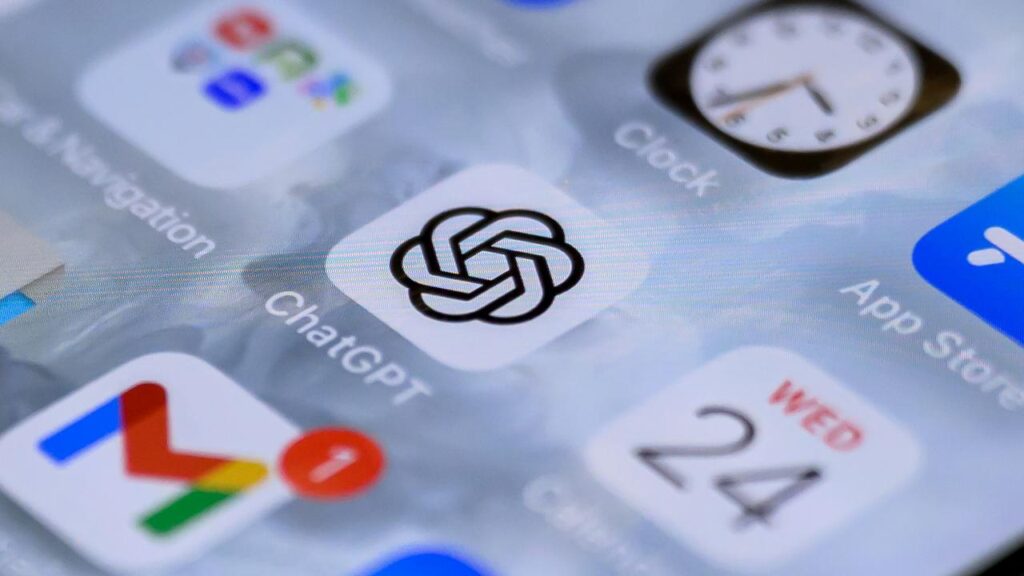Gen Z feels trapped between the pros and cons of gen AI
Jennifer Dudley-Nicholson |

Nine in 10 young Australians are using artificial intelligence tools in their everyday life, a study has found, but few are using the software to “cheat” at school and many are changing their career paths to avoid its impact.
A gender gap is also emerging among generative AI users, with women more concerned about creative work being stolen to train tools while men are more confident in its use.
Research firm The Insight Centre released its findings into young Australians’ use of generative AI tools based on a survey of 560 people aged between 14 and 27.
The report comes as a growing number of Australians report using AI tools, and one week after tech giant Google used its developers’ conference to unveil more AI features.
The report, From Gen Z to GenAI, surveyed young people studying at high school, university and TAFE and working in full-time jobs and as apprentices and interns.

Ninety per cent of those surveyed used generative AI tools, with almost one in five using AI once a day and almost twice as many using it once a week.
Reasons for using AI were mixed, with many asking it for personal advice or emotional support, and others using it to improve their communication.
Amid concerns of the technology’s use in education, seven in 10 said they had not passed AI-generated work off as their own, and one in 10 said they would not do so again.
One in 10 said they planned to use AI to plagiarise assignments in future.
Young people’s opinions on AI showed they were aware of the risks and rewards, The Insight Centre associate director Dr Anna Denejkina said.
The technology’s convenience, productivity gains, and access to information rated highest among its benefits, while concerns about cheating, misinformation and a lack of originality were its biggest downsides.
“There is a clear tension between the opportunities Gen Zs see in AI and the significant concerns they hold about its impact on their future,” she said.
“Gen Z remains deeply concerned about how gen AI could affect their job prospects, the creative industry and their online safety.”

One in three people surveyed said the arrival of generative AI had made them reconsider their future study and careers.
Male respondents were more likely to feel confident using AI (41 per cent) than their female counterparts (20 per cent), however, and women were more concerned about creative theft to train AI (73 per cent vs 59 per cent).
“A concerning AI gender gap is forming,” Dr Denejkina said.
“There is a risk that AI could deepen existing inequalities if we don’t take steps to ensure women are equipped with the skills and confidence to engage with these tools.”
One male university student surveyed said he had used AI to teach him how to write computer code despite no coding background.
But a young female data analyst said she had stopped using ChatGPT after becoming concerned about political deepfakes and the role it played in her personal life.
“It was doing all the micro-decisions and that felt like it was rewiring my brain,” she said.
The findings come as the federal government considers mandatory AI guardrails following a public consultation and a Senate inquiry in late 2024.
AAP